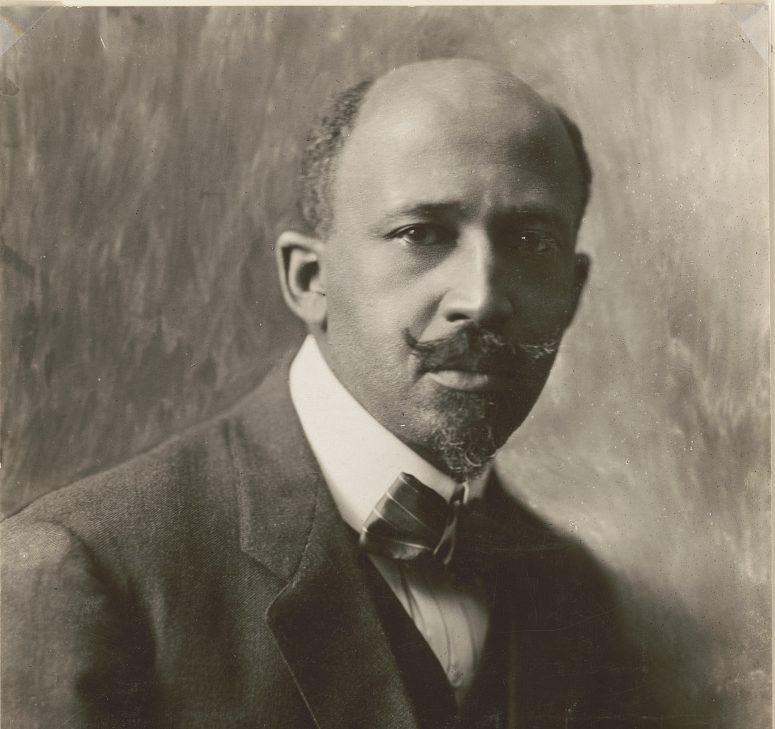Why I Read ‘Black Perspectives’

When I began studying Black thought and ideas many years ago, African American intellectual history was not yet a cohesive field of study. Although there were historians studying Black thought, there were no publication venues exclusively on the topic. I vividly remember attending conferences, scouring journals, and talking with colleagues in search of an academic home for what I planned to study in my career. However, over the past decade, African American intellectual history and the study of Black thought have grown into a vibrant field of study.
The recent solidification and popularization of the study of Black thought are attributable in large part to the African American Intellectual History Society (AAIHS) and its award-winning blog Black Perspectives. When the organization’s website first appeared in 2014, I was thrilled to learn that the Society and its online platform existed. At last there was a place for historians and scholars from various fields to converse about and publish on issues related to the Black mind and Black thought, ideas, and ideology.
For me, Black Perspectives has been a godsend because it includes scholarship in my own specialty areas: Black education and intellectual history. Several recent blog essays engaging education have been exceptionally informative. Lavelle Porter’s “W. E. B. Du Bois, Higher Education, and the Black Intellectual”; Richard Benson’s “Black Power, Education, and the History of the Peoples College”; and Lindsey Jones’ “Why Black Teachers Matter” are three of the many posts I regularly read and reference. I predict that these essays will be the progenitors of future exciting work in Black educational thought.
Black Perspectives has also been in the forefront of disseminating trailblazing scholarship on Black women’s thought and lives. Alaina Morgan’s “Black Women, Mental Health, and Slow Violence”; Sasha Turner’s “Challenging the Boundaries of Women’s History and Beyond”; and Cristina Mislan’s “Sandra Bland and Assata Shakur: Imagining Liberation from Persecution” are a few of the many blog essays in Black Perspectives that speak to the pressing need to illuminate Black women’s struggles and voices. From these essays, I have learned much about the role of Black women and police violence, the medical community and freedom struggles around the world. These essays too are examples of the cutting-edge work we can expect to see inspiring future scholarship in Black women’s history and studies.
Black Perspectives also helps its readers understand contemporary issues in a historical context. For example, shortly after the Trump administration lost track of 1,500 immigrant children, I remember thinking that someone should write an essay on how Blacks dealt with family separation during slavery. I was pleased to later read Vanessa Holden’s “Slavery and America’s Legacy of Family Separation” in Black Perspectives. Holden’s essay demonstrated the resonance between what was occurring in Texas and what had occurred in the United States under slavery.
Black Perspectives is to be commended for providing such a revolutionary outlet through which junior and senior scholars alike can test their ideas, share their work with the public, and speak to the vital issues of the day. Black Perspectives’ contributions to invigorating a field of study and creating new ways of disseminating scholarship are groundbreaking, and will shape the field of African American intellectual history for decades to come.
*Click here to subscribe to the blog, and click here for more details on AAIHS membership.
Copyright © AAIHS. May not be reprinted without permission.